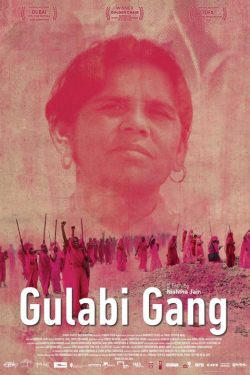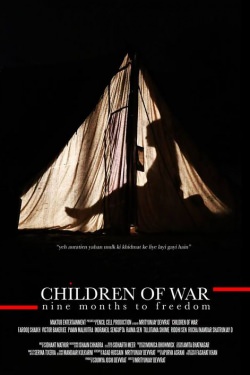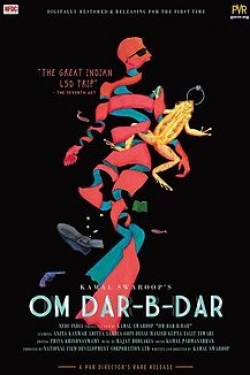Top Rated Films
Uday Bhatia's Film Reviews
-
Deadpool is subversive. It is also very keen to be seen as subversive. There’s more cussing, violence and nudity here than in any previous comic book movie, but what registers even more is the film’s constant vigilance against even the smallest of superhero tropes. As soon as a cliché raises its head, the film jumps on it, hitting it back with a wisecrack or a filthy joke or someone’s head exploding. It is fascinating to see this sort of undercutting going on, like someone repeatedly sawing off the branch they’re sitting on.
-
Fitoor is lush and aching, more Regency novel than Dickens. And it works, but only up till a point.
-
This is meat-and-potatoes film-making, but if you aren’t averse to a lot of scenes with tough guys gritting their teeth, The Finest Hours is a reasonably engaging 120-odd minutes. The churning, roiling waves look pretty much like the VFX that they are, but the snowstorm that hits the land is beautiful.
-
If you’re the viewer, this curse lifts after 154 minutes, by which time we’ve been introduced to Mumbai’s most forgiving cop, the worst fiancée in the world and the most literal interpretation of the phrase “You’re dead to me”.
-
Mastizaade doesn’t have a story worth detailing. It’s a bunch of loosely connected skits built around Aditya and Sunny’s attempts to get with, respectively, Laila Lele (Sunny Leone) and her sister, Lily (also Leone, wearing spectacles). The onslaught of failed gags is relentless; there’s no attempt to build anything like a narrative in between jokes about round and pointy objects.
-
hough the soundtrack is consistently ear-wormy, it might have been nice to have artistes from Bhushan’s Beat of India days doing some of the singing. Still, if Bibi Saroop and Mastana can lead curious viewers to seek out Swarn Noora and Dilbahar and the other sources of these sounds, Jugni would have done its job.
-
This is how it ought to be more often–a mainstream movie with a list of grouses you can list on one hand. Not to mention a film that’s destined to end with flag-waving–literal flag-waving in this case–but is also shot through with a healthy dose of scepticism.
-
There’s no denying that the film in unflinching, unafraid to show Dalit village life as the series of compromises it often is. Had the performances been stronger, the accents more convincing, and the ideas more novel, Chauranga might have achieved something like the dramatic power of recent Marathi-language films about childhood.
-
…is fun while it lasts and a welcome opportunity to meet old friends, but the series might need something more radical if it doesn’t want to be lost in a sea of franchise films.
-
A lazy, cynical attempt to cash in on Shah Rukh-Kajol nostalgia…

























